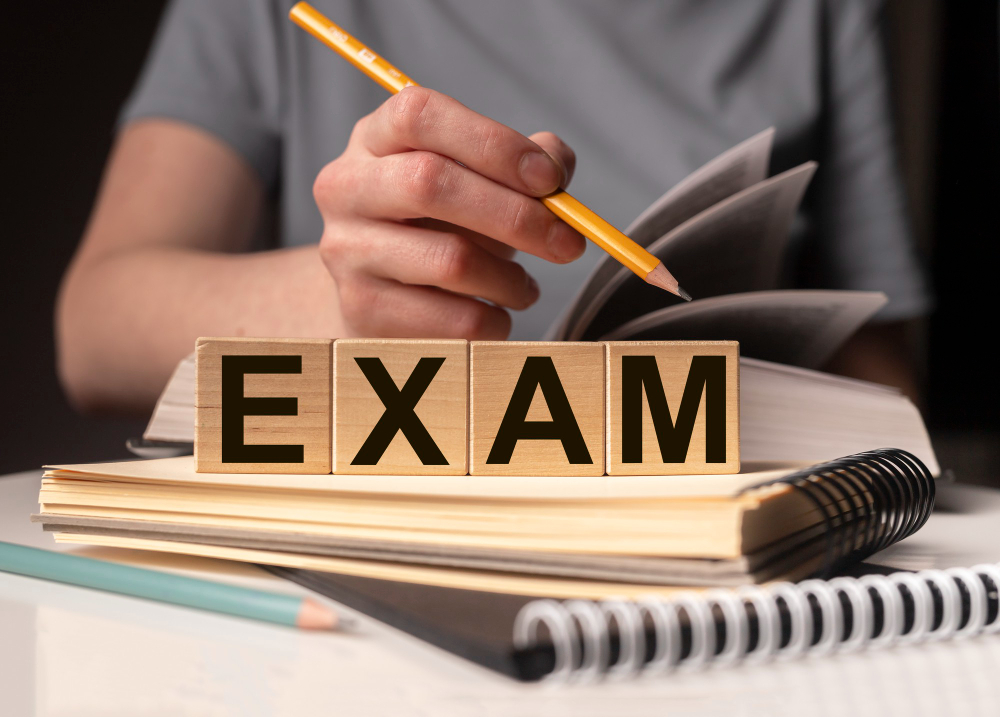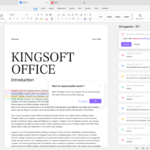Some Expert Tips to Ace The IGCSE Exams This Year
This guide from Edexcel online will give you some tips about the upcoming IGCSE exams. Additionally, you will know about the basics of IGCSE and how it differs from GCSE.
The University of Cambridge sets and marks the International General Certificate of Secondary Education (IGCSE), a two-year curriculum. Indian students and students from other countries take the March series of the IGCSE final exam in class X. The curriculum is demanding, focusing on self-directed learning and application-based understanding. Following the cancellation of international GCSEs in 2020 and 2021 in many countries, learners are pleased with the announcement that examinations will advance in the 2022 series. Private candidates were dealt the harshest blow when many exam centres refused to enter them for predicted grades, which caused massive disruption to their education.
The exams are approaching, so most students strive for an A* in their studies and pursue this goal in various ways. These pointers should assist you somehow, regardless of your route or aim.
Many people believe that being a teacher’s pet, doing all the homework, and being a geek would get you to the top of your IGCSE class, but this is untrue. If you’re preparing to take the IGCSE examinations and want to know how to pass them, this article will provide advice that will hopefully help you achieve high scores. Experts from assignment writing companies have enlisted some tips that will help you. Let’s get started!
What Is IGCSE?
The IGCSE depends on the GCSE curriculum of the United Kingdom; recently, it has been updated for a more international student body. Exams are used to assess students and are administered by the school’s choice of exam board. Cambridge Assessment International Education and Edexcel have over 70 disciplines, including 30 languages, available through the Cambridge exam board. The goal is to be as welcoming to students from a wide range of language backgrounds as feasible. As a result, they can continue to study their mother tongue. The IGCSE allows for different skill levels in several topics by giving both Core and Extended curriculum papers.
What Is The Difference Between GCSE and IGCSE?
Families in the United Kingdom may wonder about the differences between the IGCSE and the GCSE. The IGCSE curriculum is established in a broader worldwide perspective, the fundamental distinction between the two. Students will, for example, practise map skills using UK maps in Geography GCSE. They may use maps from another nation in the IGCSE. In addition, the IGCSE covers a broader range of disciplines, notably languages. As previously stated, the goal is to be as adaptable as feasible to many unfamiliar situations.
Another distinction is that the GCSE includes a required practical coursework component assessed in the final exam. The coursework component of the IGCSE is optional. This means that lab studies may be complex in some nations or circumstances.
Some Tricks & Tips That Will Help You Ace Your IGCSE Exams
Are we looking for the most effective IGCSE study method?
We’ve put up a detailed guide to assist our IGCSE students in getting the best marks possible on their forthcoming exams. Following the cancellation of international GCSEs in 2020 and 2021 in many countries, learners are pleased with the announcement that examinations will advance in the 2022 series. Private candidates were dealt the harshest blow when many exam centres refused to enter them for predicted grades, which caused massive disruption to their education.
Use writing implements
Use writing implements other than pens and pencils to keep your revision notes from becoming monotonous. Not only will this make your studying more enjoyable, but it will also make colour-coding your notes easier. The velvety feel of felt tips and fine liners is a pleasure on paper.
Change of handwriting
Change of handwriting, in particular, don’t feel obligated to write in a specific manner. Some schools require you to register exclusively in cursive or print/block letters, but you can write in any way you wish if you take notes at home. Perhaps you could use one font for crucial word meanings and another for titles and subtitles. I find it liberating to write in this manner since, during classes, I seldom had time to consider presentation; my notes were hurried and, at times, unreadable to me.
Make large booklets
Make large booklets to write in. Surprisingly, our experts discovered that writing revision notes in larger notebooks is more enjoyable and that I study for longer when compared to smaller, notepad-style notebooks. We believe it’s because more information can fit on a single sheet, and I don’t have to switch pages as often. Furthermore, by condensing the notes for a single chapter down a few pages, you may obtain a better overall picture of what is being written. You may also include mind maps and detailed diagrams.
Begin with something you despise
Begin with something you despise. If you have a full day of revision ahead of you, start with a subject you don’t care for or a topic you’re having trouble understanding. It may appear overwhelming at first, and getting started may take some time, but after you’ve completed it, you’ll feel a lot better!
Utilize Every Minute
Every minute of the examination is precious. Remember to double-check the document even after you’ve finished it. Revise all the questions to ensure you haven’t missed any keywords or essential topics for which the questions are searching. Start at the back of the page, where most marks are assigned. In this manner, even if you don’t have enough time to check for MCQs, you may check those questions with a high weight.
About Author
Lydia is Pearl Lemon Outsourcing’s Operations Director. She has been with Pearl Lemon since May 2019. She started as a student, getting more practical experience and academic credit. From there, she moved up in the company to become a full-time team member. She has watched PLC grow from a handful of people to a more than 4x bigger team. Outside of PLG, she is a mom of two, a certified beer server, a doula, and a florist.



















